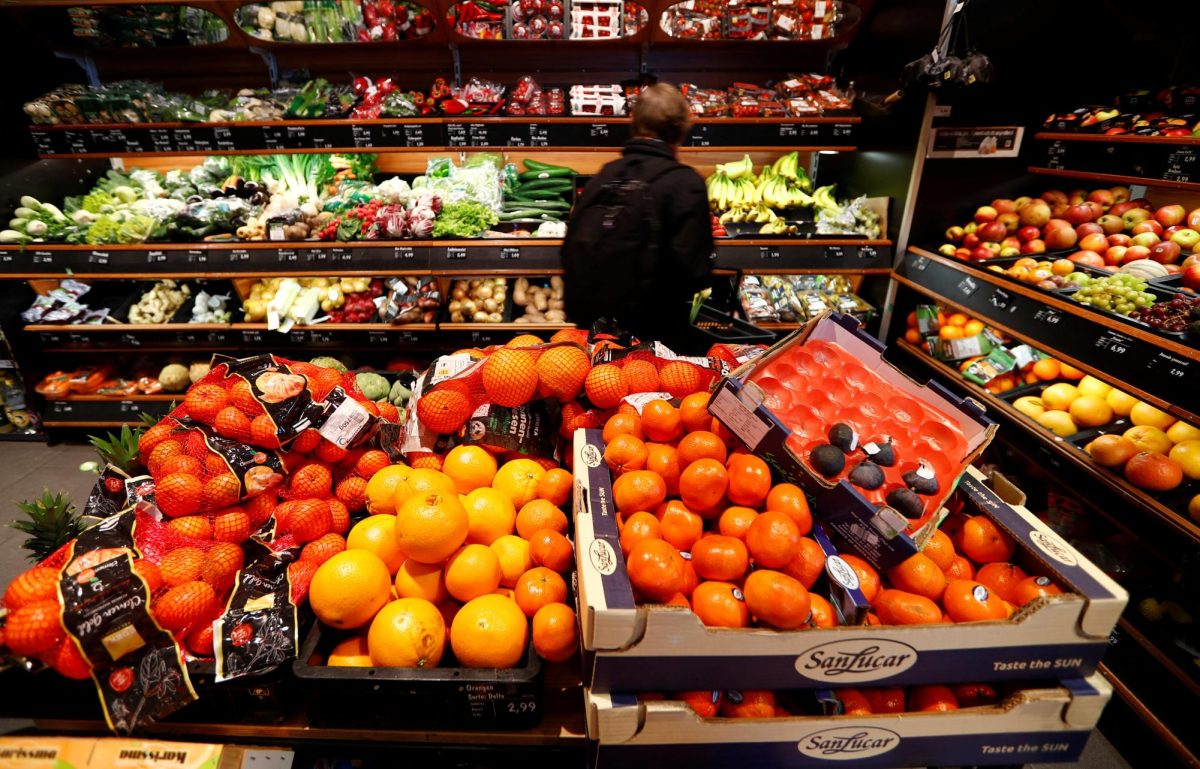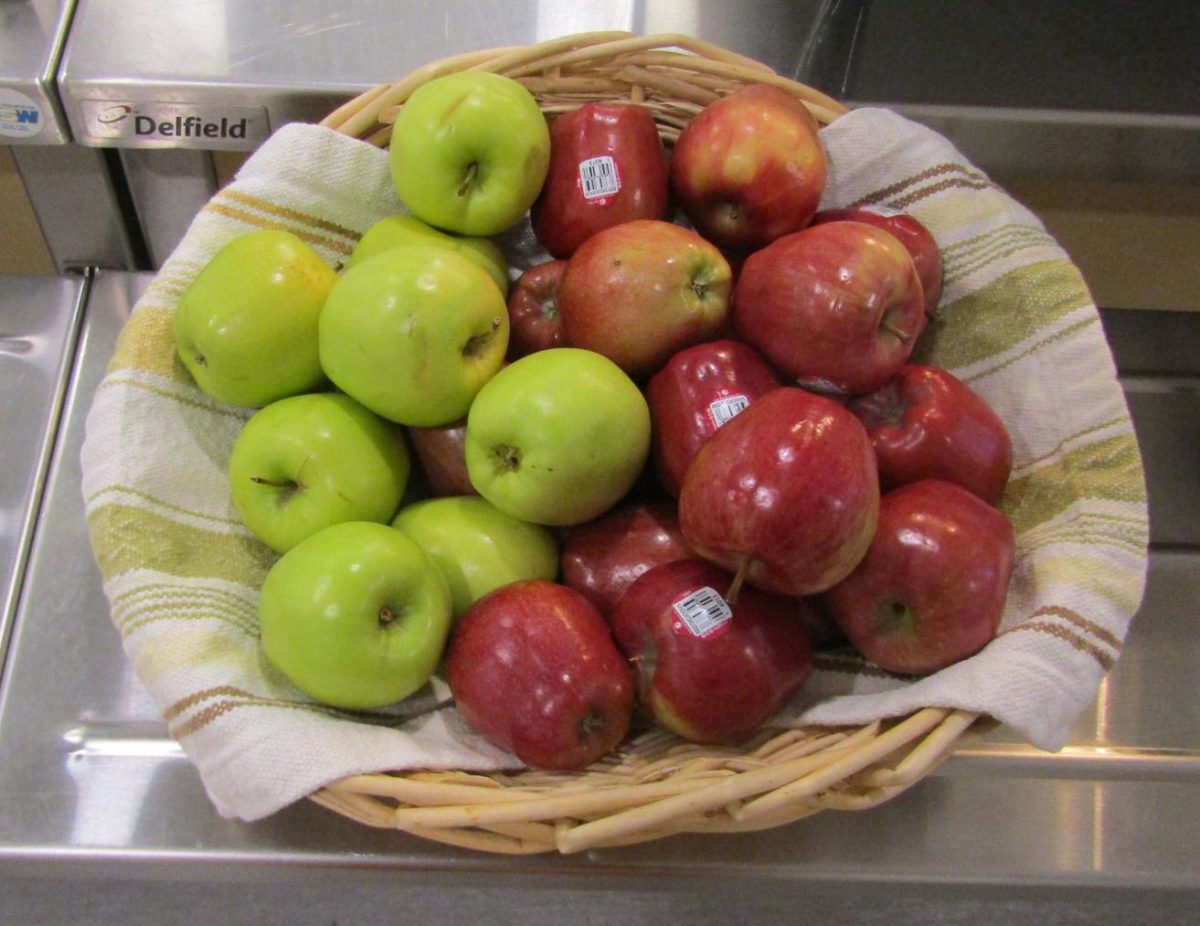First, let’s start with what is veganism. Veganism is a dietary choice that involves abstaining from the use of animal products. Vegans do not consume meat, eggs, dairy, or any other products that are obtained from animals.
Frequently, veganism expands to avoid animal-derived products, such as clothing and cosmetics. Adopting the vegan lifestyle has become increasingly popular in recent years. This choice is usually driven by environmental, health, and ethical deliberation. However, there are many misconceptions surrounding veganism.

One myth is that veganism is more expensive than a normal diet. Some specialty vegan products can be pricey. For example, if you went to a bakery that offered a cookie labeled “plant-based” or “vegan-friendly”, it will most likely be more expensive than the normal cookies be sold.
However, staple vegan foods like grains, beans, tofu, vegetables, and fruits are often more affordable than meat and dairy products. If you plan carefully and shop mindfully, a vegan diet can be nutritious without emptying your wallet.
Another common myth is that a vegan diet lacks protein and nutrition. However, many plant-based foods, such as beans, lentils, tofu, quinoa, and nuts are excellent sources of protein. While it’s true that vegans need to be conscious of their protein intake, it is very feasible to meet one’s protein requirements through a well-balanced vegan diet.
Another misconception is that all vegan diets are healthy. Many vegans consume a whole foods-rich diet, but it is easy to follow a vegan diet that is high in processed foods, sugars, and unhealthy fats either because the consumer is unaware of what they are consuming or processed foods are easier and quicker to consume.

Companies making these processed foods normally add chemicals and ingredients the average person couldn’t pronounce to make up for the fact there are no animal products inside. It is important as the consumer to be aware of what is in the vegan product they are eating. Just like any diet, the wellness of a vegan diet depends on the choices made within the diet.
On the other hand, one truth about veganism is its positive impact on the environment. The agriculture of animals is a major contributor to greenhouse gas emissions, deforestation, and water usage. The reason veganism has such a positive impact on the environment is because animal agriculture requires a lot of resources. Livestock produce significant amounts of methane, a potent greenhouse gas.
Reducing the consumption of animal products decreases the demand for the resources, leading to lower greenhouse gas emissions and more efficient use of water and land. By choosing plant-based foods, vegans reduce their carbon footprint and help conserve natural resources.
Ultimately, the decision to go vegan is a personal choice, and it is not meant for everyone. Still, its positive impacts on ethics, and the planet makes it a captivating choice for many.







































Lindsay Maxim • Dec 11, 2024 at 5:22 pm
Great job Annika!